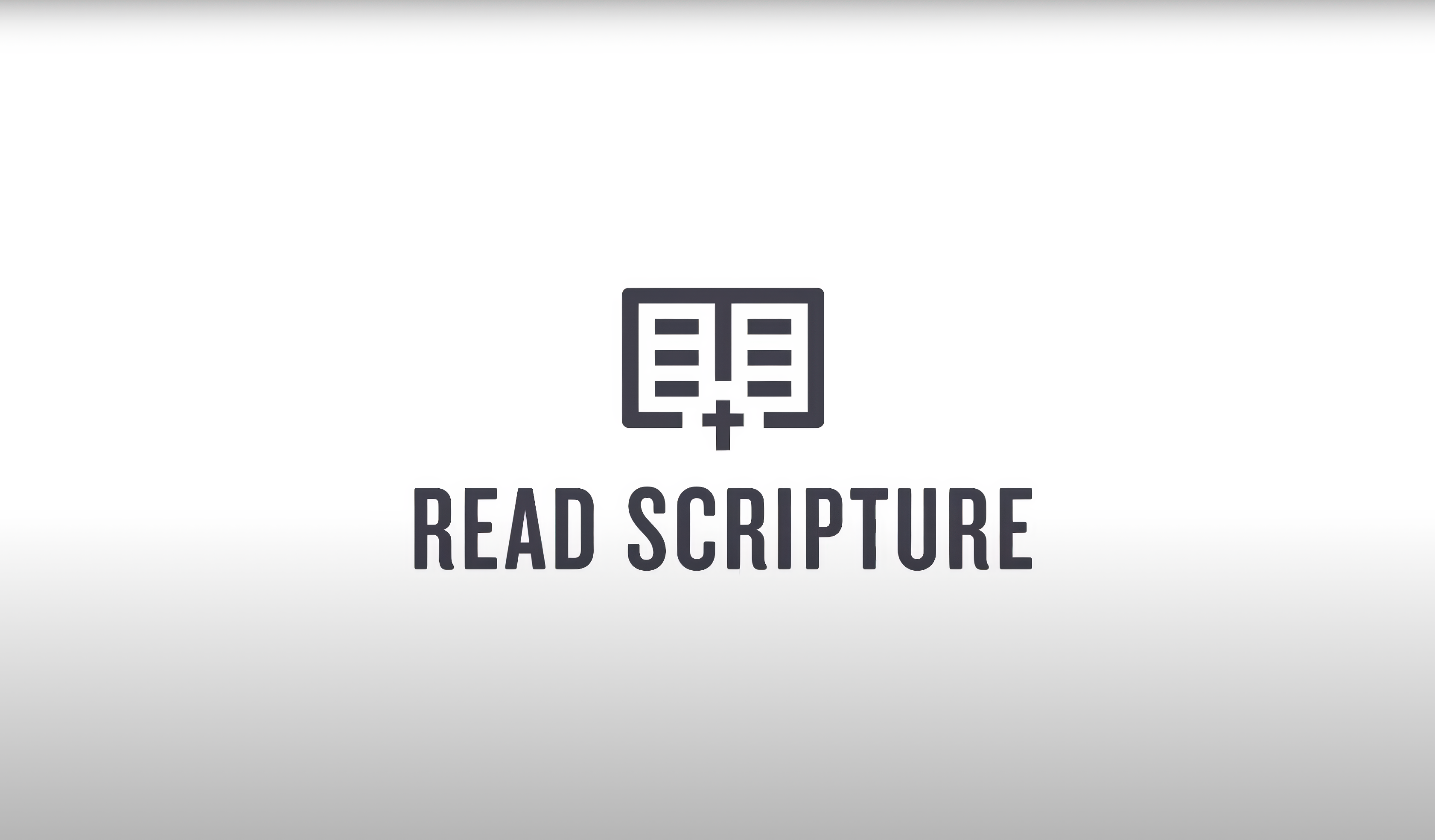The Book of Jeremiah: A Deep Dive into Its Origins and Message
Who Wrote the Book of Jeremiah?
The Book of Jeremiah is one of the major prophetic books in the Old Testament. It is traditionally attributed to the prophet Jeremiah himself. Jeremiah, the son of Hilkiah, was a priest from the town of Anathoth in the territory of Benjamin. He began his prophetic ministry around 626 BC, during the reign of King Josiah of Judah.
When Was the Book of Jeremiah Written?
The Book of Jeremiah was written over several decades. Jeremiah's ministry spanned from approximately 626 BC to 586 BC. This period includes the final years of the kingdom of Judah, leading up to the destruction of Jerusalem and the Babylonian exile. The book likely contains writings and dictations from different times in Jeremiah's life, compiled by his scribe, Baruch.
Who Was the Book of Jeremiah Written For?
Jeremiah's primary audience was the people of Judah. He addressed the kings, leaders, and ordinary people of his time, warning them of impending judgment if they did not return to God. His messages also extended to other nations surrounding Judah, indicating that his prophetic ministry had a broader scope. Ultimately, the book serves as a message to all believers, highlighting themes of repentance, judgment, and hope.
Overview of the Content
The Book of Jeremiah is rich in both historical narrative and prophetic oracles. Here’s a brief overview of its central themes and sections:
1. Call and Commission (Jeremiah 1)
The first chapter details Jeremiah's prophetic calling. God called him to be a prophet to the nations even before his birth. This chapter sets the stage for Jeremiah's difficult and often painful ministry.
2. Judgment Against Judah (Jeremiah 2-29)
Much of the book is devoted to warnings and prophecies of judgment against Judah. Jeremiah confronts the people for their idolatry, social injustice, and failure to keep the covenant with God. He warns them that they will face destruction and exile if they do not repent.
3. Hope and Restoration (Jeremiah 30-33)
Despite the grim messages of judgment, Jeremiah also speaks of hope and restoration. These chapters, often called the "Book of Consolation," include promises of a new covenant. God assures the people that He will return them from exile and establish a new, everlasting covenant with them.
4. Narrative of Jeremiah's Life (Jeremiah 34-45)
These chapters provide biographical details of Jeremiah's life and ministry. They recount his interactions with kings, imprisonment, and struggles with false prophets. This section gives a personal glimpse into Jeremiah's hardships as God's messenger.
5. Prophecies Against the Nations (Jeremiah 46-51)
Jeremiah's prophecies are not limited to Judah. He delivers messages of judgment against several foreign nations, including Egypt, Philistia, Moab, Ammon, Edom, Damascus, and Babylon. These chapters underscore God's sovereignty over all nations.
6. Fall of Jerusalem (Jeremiah 52)
The final chapter recounts Jerusalem's fall and the temple's destruction, fulfilling Jeremiah's prophecies. It is a historical epilogue detailing the consequences of Judah's disobedience.
Major Themes
- Judgment and Repentance: Jeremiah warns of the consequences of sin and calls for a return to God.
- Covenant: The broken covenant and the promise of a new, everlasting covenant.
- Hope and Restoration: Despite judgment, God promises future restoration and hope for His people.
The Book of Jeremiah is a powerful testament to God's justice, mercy, and faithfulness. It encourages believers to trust in God's plans and remain faithful, even in adversity.


























